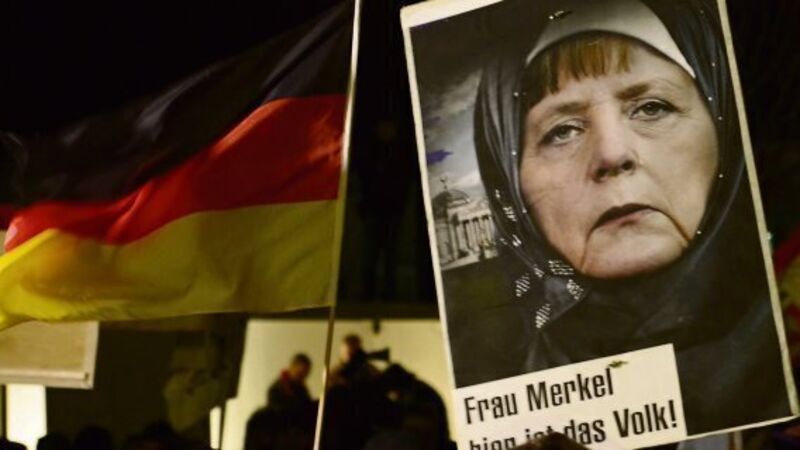Fear and loathing grows at grassroots

Last week, when I attended my first rally in Dresden organised by Pegida, Germany’s mysterious “anti-Islamisation” movement, I was reminded of the aggressive pro-Russian protests that tore apart eastern Ukraine a year ago.
Thousands of demonstrators, most of whom refused to talk to the “lying press”, listened to fiery speeches railing against the country’s political class.
















